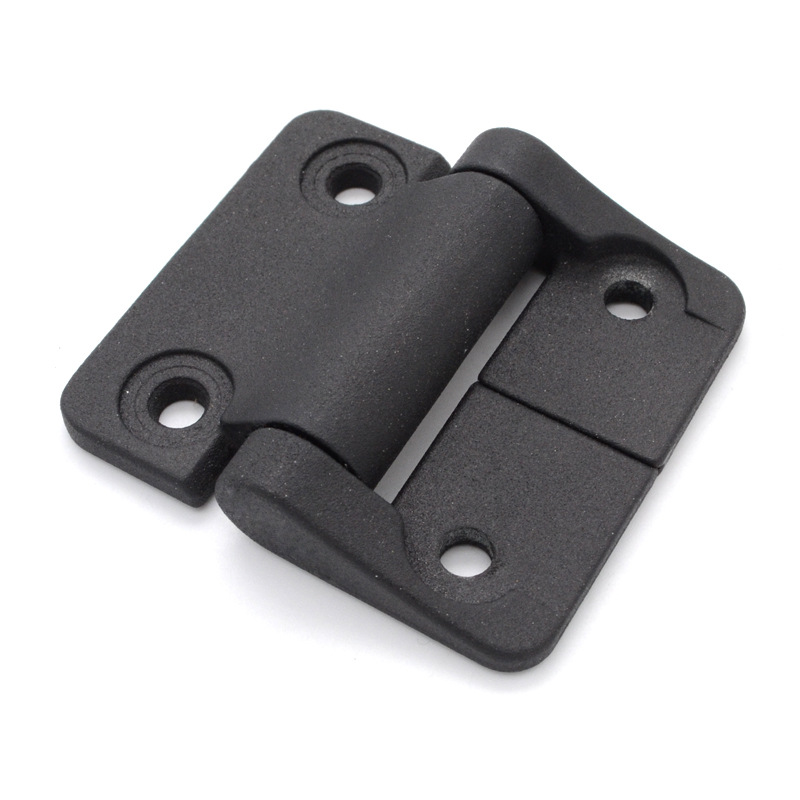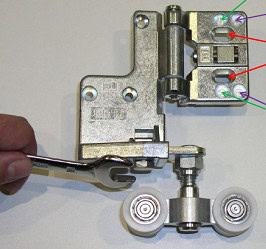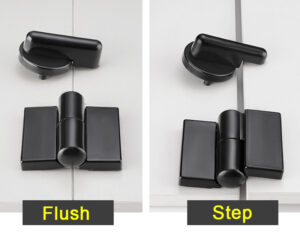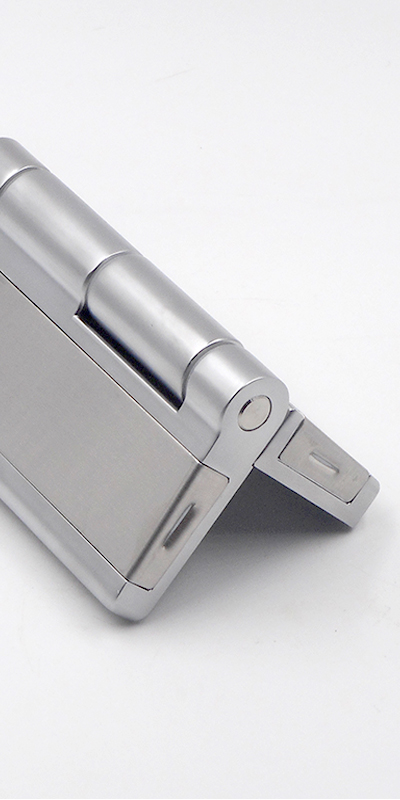As an industrial manufacturing company specializing in hinge production, one of the critical decisions we face is determining the best metal for our hinges. The choice of metal can significantly impact the performance, durability, and overall quality of the hinges we produce. In this blog post, I will delve into the various metals commonly used in hinge manufacturing and explore their strengths and weaknesses. By the end of this article, you will have a comprehensive understanding of the most suitable metal for hinges in the industrial manufacturing sector.
Stainless Steel Hinges
Stainless steel hinges are a popular choice for industrial applications due to their exceptional corrosion resistance. The high levels of chromium in stainless steel create a protective oxide layer, making these hinges ideal for environments with exposure to moisture, chemicals, or extreme temperatures. Additionally, stainless steel hinges boast excellent strength and can withstand heavy loads, making them suitable for demanding industrial settings.
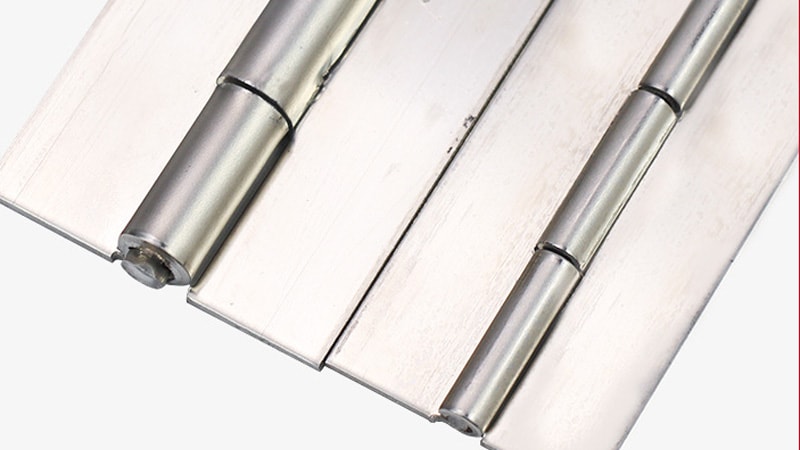
Carbon Steel Hinges
Carbon steel hinges are known for their robustness and affordability. These hinges are made from a combination of iron and carbon, offering good strength and durability. While they lack the corrosion resistance of stainless steel, carbon steel hinges are often used in indoor industrial applications where moisture and harsh elements are not a concern. Proper coatings or plating can be applied to enhance their resistance to corrosion.
Brass Hinges
Brass hinges are renowned for their aesthetic appeal and corrosion resistance. The unique golden appearance of brass makes it an attractive choice for decorative industrial applications. However, brass hinges may not be suitable for heavy-duty industrial use due to their relatively softer nature compared to steel. Nonetheless, they find excellent use in furniture manufacturing, cabinetry, and artistic metalwork within the industrial sector.
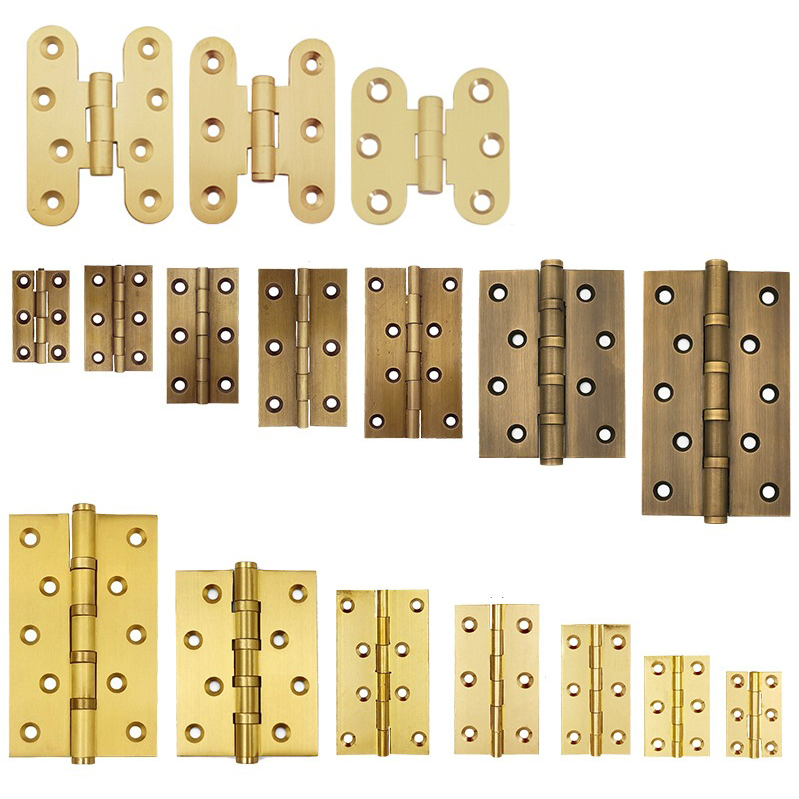
Aluminum Hinges
Aluminum hinges are lightweight and offer moderate strength. They are commonly used in applications where weight reduction is essential, such as in aerospace or transportation industries. Additionally, aluminum hinges are naturally corrosion-resistant due to their protective oxide layer. However, they may not be suitable for heavy loads or highly demanding industrial environments.
Zinc Alloy Hinges
Zinc alloy hinges strike a balance between cost-effectiveness and performance. These hinges are created by blending zinc with other metals, such as aluminum, copper, and magnesium. They offer decent strength and corrosion resistance, making them suitable for various industrial applications where cost is a critical factor.
Bronze Hinges
Bronze hinges are a durable and aesthetically pleasing option for certain industrial applications. They provide excellent corrosion resistance, making them ideal for outdoor or marine environments. Bronze hinges are often utilized in boat manufacturing, architectural projects, and industrial equipment exposed to challenging weather conditions.
Titanium Hinges
Titanium hinges are known for their exceptional strength-to-weight ratio and outstanding corrosion resistance. These features make titanium hinges a preferred choice in industries where lightweight, high-strength components are essential, such as in aerospace and high-tech manufacturing.
Alloy Steel Hinges
Alloy steel hinges are composed of various elements, including carbon, chromium, nickel, and molybdenum. The combination of these elements imparts specific properties to the hinges, such as increased strength, hardness, and corrosion resistance. Alloy steel hinges are suitable for heavy-duty industrial applications that demand both strength and durability.
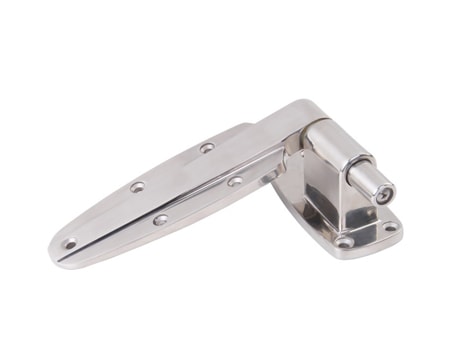
Conclusion
In conclusion, choosing the right metal for hinges in the industrial manufacturing sector depends on various factors, including the application, environmental conditions, and budget considerations. Stainless steel hinges offer exceptional corrosion resistance and strength, making them a reliable choice for a wide range of industrial applications. However, other metals like carbon steel, brass, aluminum, zinc alloy, bronze, titanium, and alloy steel each have their unique advantages, making them suitable for specific use cases within the industrial sector. Selecting the appropriate metal for hinges is a crucial decision that impacts the performance and longevity of the products, and understanding the strengths and weaknesses of each option will help industrial manufacturers make informed choices for their hinge production.
You might also be interested:

